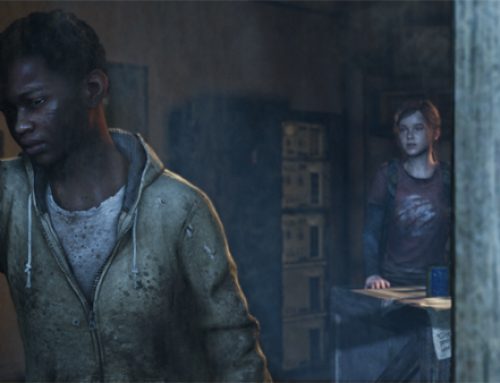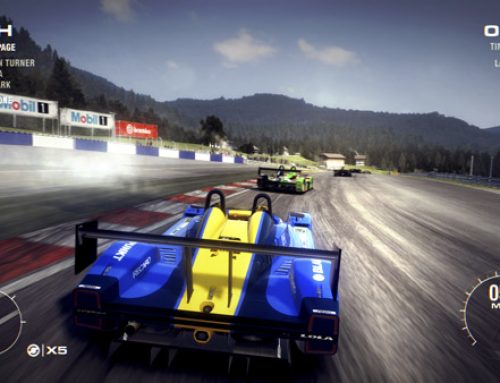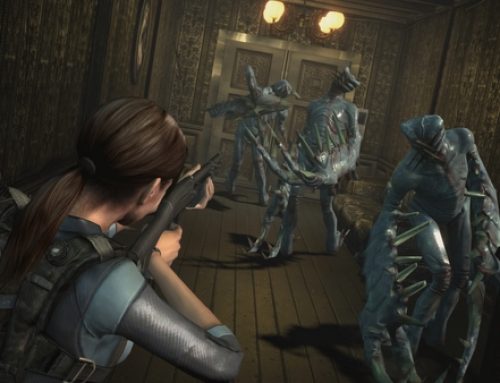The announcement that the Beatles have, at long last, allowed their music to be licensed for use in a video game may usher in a bold new era of “Behind the Music”-style, single-band titles. But don’t count on it.
The short version of the story is that MTV Games, which publishes “Rock Band,” sent more money than you, I or Dr. Evil can comprehend to Apple Corp., the publishing company owned by the surviving Beatles and the heirs of John Lennon and George Harrison. In exchange, MTV-owned Harmonix Music Systems gets to develop a Beatles-themed music game for release sometime in 2009.
In general, I don’t like this trend toward video game companies signing exclusive deals with musicians to keep certain songs out of the hands of competitors. Activision, holders of the “Guitar Hero” license, got the ball rolling last year when they locked up Aerosmith and Metallica. Aerosmith was rewarded with “Guitar Hero: Aerosmith,” and a similar, Metallica-themed title is reportedly in the works. While both bands have songs on the first “Rock Band” game, made before these deals, you won’t find ’em in “Rock Band 2.”
Back in August, when “Rock Band 2” was just weeks away from retail stores, Eric Brosious, the audio director for “Rock Band” developer Harmonix, indicated in an interview with IGN.com that his company wasn’t looking to get into an arms race with Activision.
“We prefer not to sign exclusive deals with artists because while it seems like the competitive ‘business’ thing to do, in the long run, it’s really not good for anyone,” Brosious said. “We think we should be working to get more music out to more people.”
This quote was hailed by some music-loving gamers, me included, who would much rather see “Guitar Hero” and “Rock Band” compete on features, gameplay and controller design, and not on who spent the most money to sign the most bands to exclusive deals. But something apparently happened after that interview, because MTV Games, which publishes “Rock Band,” has since signed exclusive deals with AC/DC and now the Fab Four.
It’s hard to know exactly what’s going on here. It’s entirely possible that Harmonix, whose staff will actually make any Beatles game, hates the idea of exclusive contracts, and that it’s MTV Games, which publishes Harmonix’s games and pays the bills, that sent the Brinks trucks over to Apple Corp. But it certainly looks strange to speak ill of such deals and then turn around and sign one a short while later.
If you’re a fan of the Beatles, the group doesn’t come off looking much better. If you’re in a band, particularly one as storied and successful as the Beatles, it should pretty much be your life’s work to get your music out to as many fans as possible. But by signing a deal to restrict your musical output to one company’s game, in exchange for a huge pile of cash, you’re pretty much sending a signal that you’re all about the money.
As for the Beatles game itself, we’ll have to wait and see. Precious few details were released, although all parties seemed to hint that the Beatles game would be something far more ambitious than “Guitar Hero: Aerosmith,” which was basically “Guitar Hero III” with a new coat of paint.
While we’re being promised a standalone game, I hope MTV and Apple Corp. can figure out a way to sell the music as a downloads, or make the songs exportable for play in “Rock Band 2.” I like the Fab Four, sure, and I’d be happy to play through “Rock Band: Beatles,” or whatever they call it, once. But none of my friends is going to want to come over to spend two or three hours playing only Beatles songs at a “Rock Band” party. The true genius of “Rock Band” and “Guitar Hero: World Tour” as party games lies in the ability to assemble varied, dynamic set lists, not following “Love Me Do” with “A Hard Day’s Night” and “Help!”




